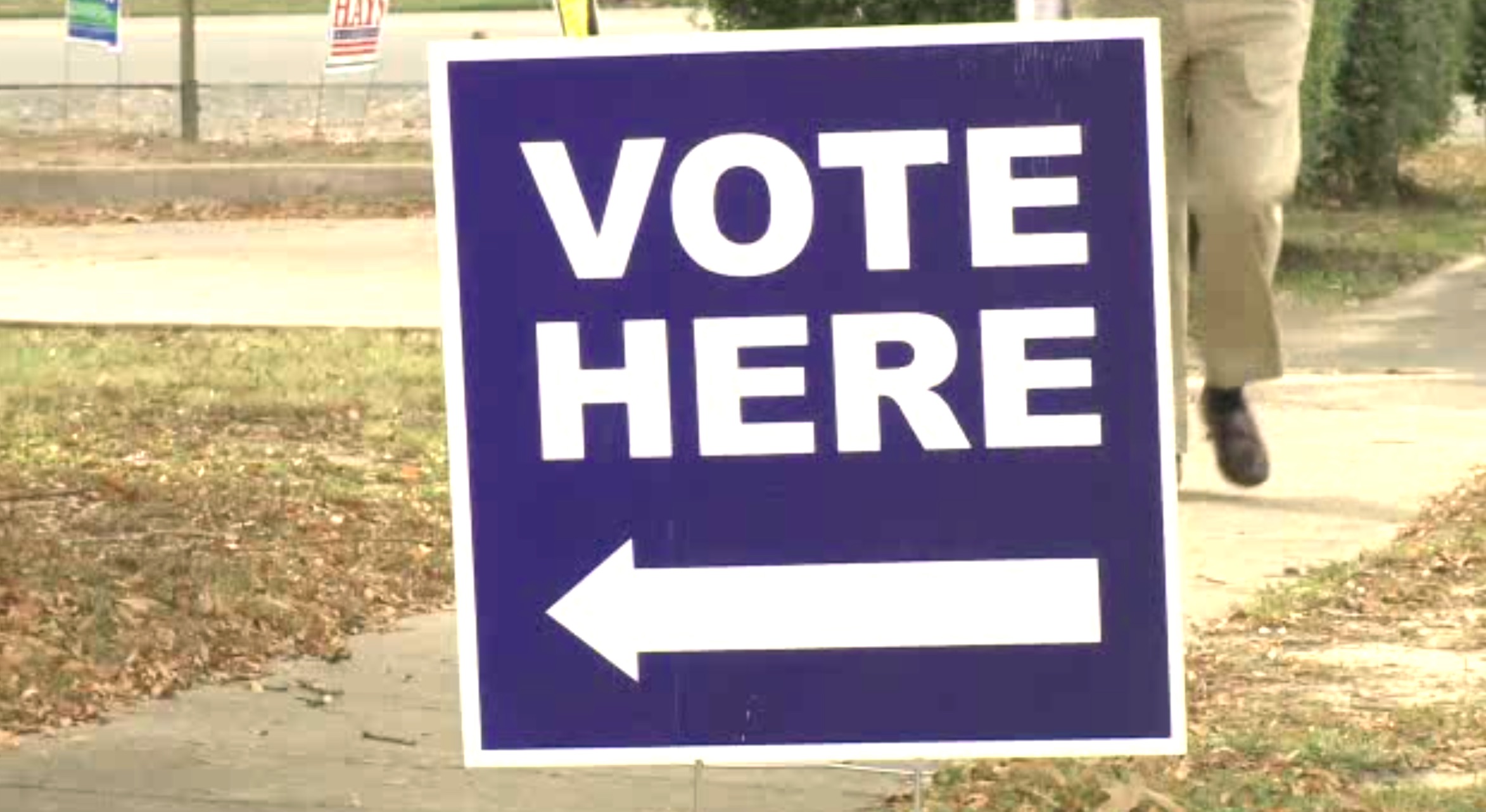(Spiritual faith in our country has been ridiculed and attacked for many years. Promoters of false extrapolations of Amendment I of the US Constitution have been successful only because the people of our country have not known those interpretations to be wrong. Amazingly, falsehoods have been presented and accepted as truth for so long that many who are shown evidence to the contrary tend to fearfully cover their eyes, ears and mouths. With 44 years’ experience in public schools, I have never seen a textbook containing the following information or talked to a teacher who has so informed any student. My primary source of reference has been The Avalon Project, Lillian Goldman Library, Yale Law School.)
Because of the current worship of the expression, “wall of separation between church and state”, some folks believe it is found in the US Constitution. It is not. The only mention of religion in the original document is that no religious test can be required to hold federal office.
Subsequent to ratification of the original constitution, Amendment I specifically denied Congress the power to establish a national religion. The term “national religion” was universally understood by those who wrote and ratified the original US Constitution. The people of those days were aware that central governments (kings and parliaments) had historically required all people to support specific religions by financial contributions and participation.
That “separation” thing actually came from a letter Pres. Jefferson wrote in response to the Baptist Association of Danbury, Conn. The Baptists, who were under religious oppression by their state legislature, had written to Jefferson (emphases added):
“Sir, we are sensible that the President of the United States is not the National Legislator and also sensible that the national government cannot destroy the laws of each State, but our hopes are strong that the sentiment of our beloved President, which have had such genial effect already, like the radiant beams of the sun, will shine and prevail through all these States…”
To which Jefferson replied (parenthetical expressions added):
“I contemplate with sovereign reverence that act (Amendment I) of the whole American people which declared that their legislature (Congress) would ‘make no law respecting an establishment of religion, or prohibiting the free exercise thereof’ thus building a wall of separation between Church and State (the federal government). Adhering to this expression of the supreme will of the nation in behalf of the rights of conscience, I shall see with sincere satisfaction the progress of those sentiments which tend to restore to man all his natural rights… I reciprocate your kind prayers for the protection and blessing of the common Father and Creator of man…”
It must be emphasized that the Baptists did not appeal for constitutional enforcement by the president, the attorney general or the SCOTUS. Neither did any of those entities consider it their constitutional responsibility to do so. At that time, everyone knew the First Amendment restriction applied, as plain English clearly states, only to acts of Congress.
About a decade later, as intended by the framers of the US Constitution, the people of Connecticut were able to correct the matter through their votes for state legislators.
For further confirmation of Jefferson’s opinion that any form of religious expression is beyond federal control, we note his second inaugural address:
“In matters of religion, I have considered that its free exercise is placed by the constitution independent of the powers of the general government. I have therefore undertaken, on no occasion, to prescribe the religious exercises suited to it; but have left them, as the constitution found them, under the direction and discipline of state or church authorities.”
President Jefferson not only made specific the denial of federal authority expressed in Amendment I, he reaffirmed the restrictions placed upon the federal government found in Amendments IX and X regarding the rights of the people.
Over 150 years were required for the SCOTUS to invent the current “separation” interpretation. If we are to meekly acquiesce to that view as the “law of the land”, we have a problem. We are forced to accuse Presidents Washington, Adams, Jefferson, Madison and Monroe, as well as the Congresses and SCOTUS of their day, of being incapable of understanding the document they had ratified and exercised.
If this information had been made available to history students over the last two hundred years, our current understanding of the relationship between church and state would probably be quite different.
Two prescient statements:
“A long habit of not thinking a thing wrong gives it a superficial appearance of being right.” Thomas Paine
“If a nation expects to be ignorant and free, in a state of society, it expects what never was and never will be.” Thomas Jefferson
Tags: Education Faith History Politics



















Join the conversation!
We have no tolerance for comments containing violence, racism, vulgarity, profanity, all caps, or discourteous behavior. Thank you for partnering with us to maintain a courteous and useful public environment where we can engage in reasonable discourse.